Toxic Houseplants
and Your Pets
AN EXCLUSIVE INTERVIEW WITH
DR. TINA WISMER,
ASPCA VETERINARIAN
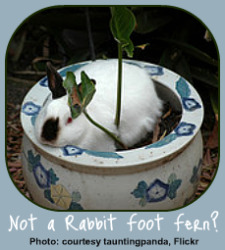
The number of toxic houseplants is large, and while the adult Indoor Gardener can handle them safely, pets don't know the difference between a safe and an unsafe leaf or stem.
If you're an Indoor Gardener with a cat, dog, or even a pet rabbit, you need to know which plants are safe to grow and which are poisonous to your pets, as well as what to do in case your four-legged friends ingest toxic houseplants.
Interview with Dr. Wismer
about Toxic Houseplants
Dr. Tina Wismer, veterinarian, botanist, and gardener who works with the ASPCA was kind enough to chat with Indoor-Gardener.com. Becoming a vet was a lifelong dream for Dr. Wismer, whose mother had her degree in biology. The two disciplines came together naturally for the daughter.
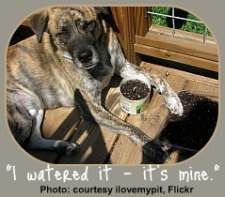
Dr. Wismer is an Indoor Gardener herself, displaying her favorite plants at home and in her office. She places them high and out of the way enough that her dogs can't reach them. Even so, she grows only non-toxic houseplants.
"Pets have no inborn sense of plants that are good for them or not," she says. It's up to the Indoor Gardener who's also a pet owner to keep their pets safe. "Eating plants to get rid of hairballs is an old wives tale," she adds, when asked if there was a reason cats and dogs go for the potted greens.
I was interested to learn that sometimes indoor gardens are more dangerous than those outdoors. "It depends on the area of the country," Dr. Wismer explains. "Because many indoor plants contain calcium oxylate, which is toxic to pets, in some areas of the United States outdoors plants are safer."
What to Never, Ever Grow
If you have a dog in your home, Dr. Wismer says the worst plant you can grow is the Sego Palm, or Cycad. One of the oldest plants on the planet, any part of it can cause acute liver failure in dogs. If you have a Cycad, wrap it in a ribbon and give it as a gift to a non-pet-owning friend.
For the Indoor Gardener with a cat, Dr. Wismer insists you keep the Easter Lily and most of its relatives out of the home. Ingestion of these toxic houseplants can cause rapid kidney failure in felines.
First-Aid for Your Pet
Dr. Wismer reported that vomiting is the most common symptom of a pet ingesting toxic houseplants, with plant material evident in the vomit. They may also uncharacteristically drool, or paw at their mouths.
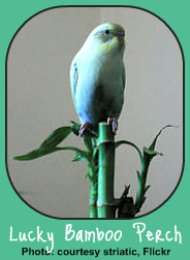
The first thing to do, according to Dr. Wismer, is call your vet. If you know the name of the plant, or can describe it, do so, along with describing your pet's symptoms. Most problems can be managed at home, but be sure you're responding correctly by running it by your pet's doctor.
"Keep a fresh bottle of hydrogen peroxide around the house to induce vomiting," Dr. Wismer advises, "but be sure to speak to your vet first. Sometimes you don't want vomiting to occur." To help a pet who's chewed on Dieffenbachia, for instance, give them milk to decrease the pain their mouth.
If you can't reach your own veterinarian, call the ASPCA hotline number at 1-888-426-4435 in the U.S. (the fee is presently $65 for this service).
"And it's not just plants that can make your pet sick," Dr. Wismer added. "Be sure to keep fertilizers and insecticides away from pets, also."
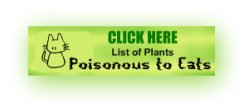
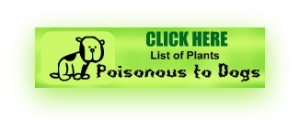
For lists of plants that are safe for the Indoor Gardener
to grow with a cat or dog in the home,
visit the ASPCA website's pages.
DISCLAIMER: Indoor-Gardener.com reports information from research and does not guarantee any of the plants mentioned, for medicinal, decorative, or other uses. Neither the FDA nor any physician has endorsed the uses of plants mentioned on the website. Use plants as food or medicinal products only at your own risk. The information on this page has not been written or checked by a veterinarian, and although the best has been done to keep it accurate, it is published without any guarantee from Indoor Gardener or the ASPCA. Please check with your vet for any further questions. Neither Indoor-Gardener.com nor the ASPCA can be held liable in any way for information about pets and houseplants as presented on the website.
Back to Top of Page
Return to Pet Safety Tips for the Indoor Gardener
Return to Home Page